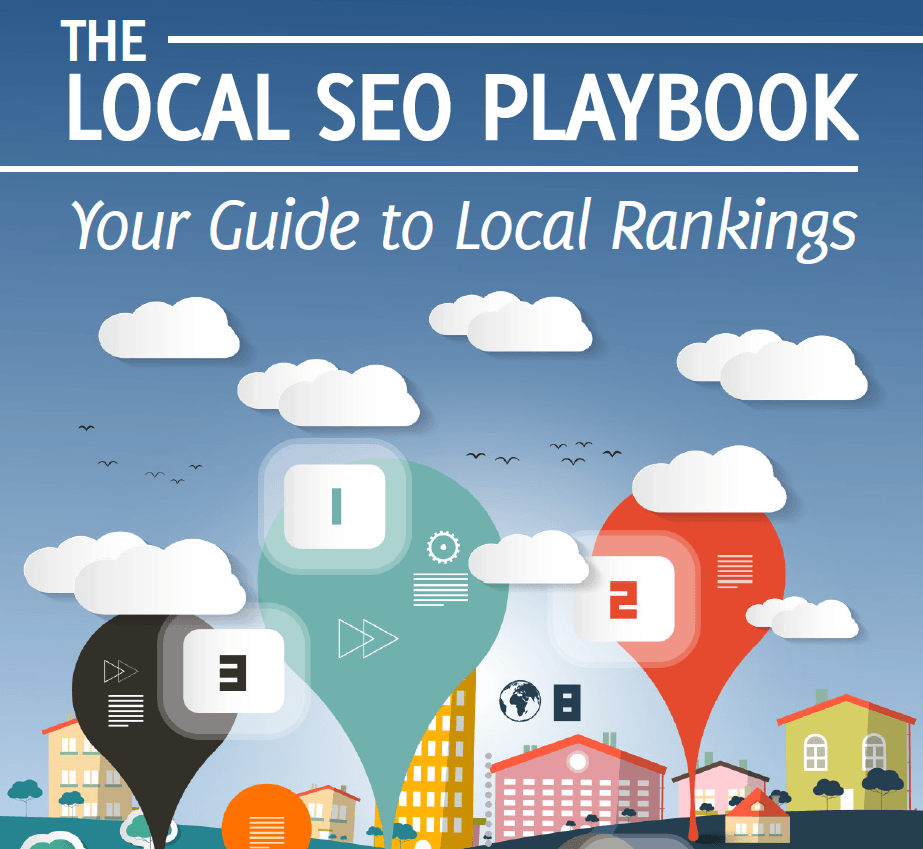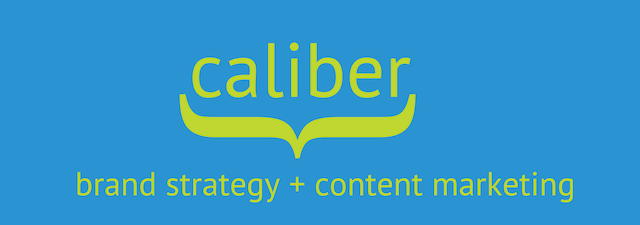Finding Your Negotiating Point Of No Return – And Your Soul.
by Dan Gershenson
Sometimes in one of the networking groups I help lead, we have 15-20 minutes for an engaging topic of discussion relevant to entrepreneurs. This week, one raised an important question:
“Is anybody else tired of haggling to death over pricing? If we’re small businesses and the lifeblood of our economy, why are we beating ourselves up?”
It’s a very fair question. Rather than bemoan the problems and challenges that come with haggling over price, let’s do something about it. See, if you know who you want to deal with and who you don’t as well as if you know what your value is, then negotiating doesn’t have to be the experience you might regularly dread.
It’s your choice whether or not to play. And for how long.
Get a pad of paper out. List the 10 best clients you ever had. What do they have in common?
Then do the same for the 10 worst clients you ever had. What united them? What did they say? How did they act during the time you were putting a deal together?
Knowing that you’d obviously prefer to deal with the qualities conveyed in the 10 best, what does that say about somebody who displays little to none of those qualities?
These are decisions you are allowed to make and should make in advance of negotiation. Unfortunately, it’s always assumed in this “tell me what you’re going to do for me” world that you want to work with a total stranger you meet at a networking event. No, Chief. Why don’t you tell me a little more about you so we can learn if we’re even possibly a fit first. I have a stable of clients that have to meet a certain criteria and I want to know how much of that criteria you match. Pompous? No. It’s called valuing my own brand and my own time – and believe it or not, it’s about valuing yours too.
So ask yourself some very important strategic questions:
Are they really the kind of client you WANT?
Seriously. Do you know who you do not
want as a client? Sometimes when people talk about the criteria of a good client, they chuckle and say, “Anybody with money.” Ha. Stop. No, seriously. STOP. You don’t take anybody with money. You take people with money who help get you where you want to go as a firm. As an agency, do you think they will add to the creativity of your portfolio? Will they refer business to you? Do you think they will enjoyable to work with and not condescending jerks? If you’re working primarily with large industrial clients, why are you taking on the florist down the street that doesn’t have two nickels to rub together?
How many clients do you actually NEED?
If you don’t know, that’s a problem. You haven’t defined what type of client you need to be happy and how many of them if they’re paying your true worth. If you say “I can never have enough,” that’s a way of saying, in other words, that you have no idea. And more importantly, you’re positioning yourself to sound like you’ll take anything that breathes. That’s where big issues and ulcers occur.
What’s your walk away point?
It’s not just about a particular price point but how the prospect is making you feel.
If you feel like you are sacrificing part of what makes you great and what people value about you just to make a deal work for the other person, you know it. There’s a tingling sensation in your mind or your gut or your heart or some other region. You just…know it. And yet, you are making deals with yourself internally to make the logic work.
And that’s your walk away point.
Get up from the table, extend your hand and thank them for their time.
Those people won’t be helping because they’ll have line after line to push you over the edge and “sweeten” the deal. Beware.
For example, if I hear “I know a lot of people I can introduce you to if you can cut me a break,” I know I’m likely dealing with a pretender or cheapskate.
In my youth, I was wooed by this kind of talk. Ooh. Aah. You know people. Whatever.
They can pay at least a deposit up front, right now or they can’t. Plain and simple. Put up or shut up.
Create your parameters and standards for the kind of deal you just won’t do.
Everybody’s different on these specifically, but I like to think everybody also has a soul. The deals of “what could be” can’t outweigh what’s in front of you right now in terms of attractiveness. Rather, you should feel like, “Wow, this is a very rewarding mutually beneficial relationship as is. And hey, on top of it, we might even receive (bonus here).” You should NOT feel like, “Wow, this deal really sucks for us right now as we have to take a lot less than we typically do. But oh, if it works out, we’ll be neighbors to Richard Branson on his island with all the money we’ll make.”
Yeah…good luck with that latter scenario. Really. I hope it works out. I just wouldn’t expect it to at all.
This is why I don’t make “scratch-my-back-first” deals that involve me working for pennies for people who use the phrase “skin in the game” or “sweat equity.”
I don’t deal with people who try and barter rather than use dollars – the math doesn’t work cleanly.
I don’t deal with people who try to make back-end-percentages sound alluring when they mean zero dollars now. That’s playing in Fantasyland.
These are all nice ways of saying they have no money or not nearly enough.
It’s not just a financial standpoint. It’s a moral and ethical one for me. It’s who I am and what I believe in. It reflects the people I’ve had good experiences with and the not-so-good experiences.
Similarly, what have your experiences taught you about the situations you’ll never, ever re-enter?
You have to use your own BS Detector for these red flags to have some respect for yourself. The more you choose to engage round after round, the more you choose to be beaten up beyond what you deserve. REMEMBER: It’s your choice to negotiate and haggle. There are two parties that are necessary for that to occur in the first place.
When you decide the point of where enough is enough, you are taking back control of the process.
This is a part of what your brand stands for vs. those who will take anyone that moves and subsequently charge less than you to make that happen. They have no brand. They are just faceless, ordinary vendors providing a service like anyone else at that point, merely blending in with the rest. They will argue that they’ll get the business, but when it’s that ridiculous of a discount, they’ll have to work that much harder for that much less profit, over and over again until it’s a debilitating cycle. Does that sound like winning to you?
If that’s not what you want to be, it’s time to know when you talk the talk and when you have to walk the walk. For your brand. For your financial success. For your balance.
Keep this in mind and live by it with confidence. I’ll consider you a winner before negotiation even starts.
The post Finding Your Negotiating Point Of No Return – And Your Soul. appeared first on Caliber Brand Strategy + Content Marketing.
The Fractional CMO







